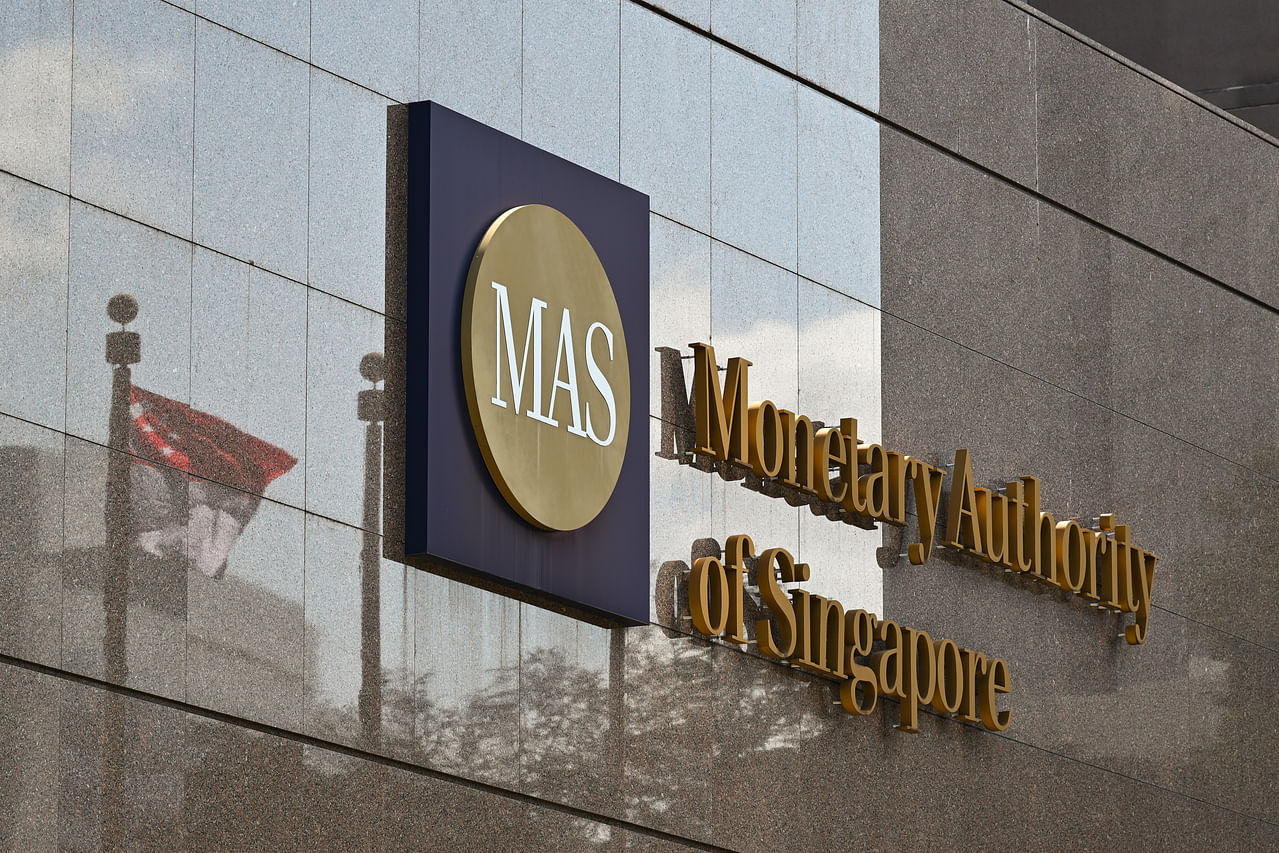MAS tackles greenwashing with new guidelines for ESG funds
Sign up now: Get ST's newsletters delivered to your inbox

The new guidelines will take effect from January 2023.
ST PHOTO: LIM YAOHUI
SINGAPORE - Funds that are sold to retail investors in Singapore under the label of meeting environmental, social and governance (ESG) standards will now have to back up their claims with new disclosure and reporting guidelines issued by the Monetary Authority of Singapore (MAS) on Thursday (July 28).
These guidelines are part of measures announced by MAS as it released its second annual report on how Singapore can build a more climate-resilient and sustainable financial sector.
The new guidelines will take effect from January 2023 and will help to reduce greenwashing risks, as well as enable retail investors to better understand the ESG funds they invest in, MAS managing director Ravi Menon said in a briefing on the annual report.
Greenwashing is the act of making false or misleading claims that products or investments are more environmentally sound, or green, than they actually are.
"MAS will require the disclosures to be made on an ongoing basis. Investors will receive annual updates on how well the fund has achieved its ESG focus," Mr Menon said.
ESG funds under the new guidelines will need to provide information such as their investment strategy, the criteria used to select investments, and the risks and limitations associated with that strategy.
Mr Menon noted that the new guidelines concern disclosures, rather than rating the "colour" of the funds.
"For other funds, you have disclosures that set out the fine gradations in different kinds of risks and returns and that is what people need. You don't bucket them into colours. So I think we need to avoid the same risk here, because if we do that, we will be force-fitting into a colour coding system and oversimplifying the differences across ESG funds," he said.
In the guidelines, MAS specified that the name of the ESG fund should not be misleading, which means that if it uses a term like "sustainable", the fund should reflect this focus substantially in its investment portfolio or strategy.
Funds should also ensure that their net assets are mainly invested according to their stated ESG investment strategy.
The fund's prospectus should disclose its investment objective, focus and approach, as well as the risks of investing in the scheme.
Securities Investors Association (Singapore) president David Gerald said: "This is a welcome move by MAS to get fund houses to provide greater transparency on their ESG strategies.
"Going forward, it will be most useful to retail investors if the ecosystem adheres to common definitions and metrics."
MAS will also embark on a Jobs Transformation Map for sustainable finance with the Institute of Banking and Finance (IBF).
The exercise will project how job roles in Singapore's financial sector will evolve over a three-year, five-year and 10-year horizon as sustainability becomes more integrated with mainstream financial services, Mr Menon said.
"It will help MAS and IBF develop more effective strategies to support the building of skills in sustainable finance."
Both organisations have also outlined twelve technical skills and competencies needed in this area.
More support will also be given to accelerate Singapore's sustainable finance agenda, with $100 million set aside over the next five years by the Financial Sector Development Fund administered by MAS.
This comes on top of the $115 million in funding support committed over the last three years for sustainable finance activities.
"The additional funding will continue to promote areas such as capability building, green fintech, climate risk and reinsurance, and solutions for transition finance and sustainable infrastructure," Mr Menon said.
Overall, MAS' report had its focus on transition finance - how to provide funding support for companies that are not so green, to become greener.
Mr Menon said: "To achieve net zero by 2050 in a way that does not compromise economic growth and social inclusion, we need credible transition strategies. The financial system can be a powerful lever to enable such strategies."
Part of this means stress-testing the financial industry to take into account a range of climate scenarios. It also means better sustainability-related disclosures.
Listed companies will be required to disclose their climate-related risks, based on global recommendations by the Task Force on Climate-related Financial Disclosures, from 2023 onwards, Mr Menon said.
Later this year, MAS and the Singapore Exchange will also launch an ESG disclosure platform to allow listed companies in Singapore to upload corporate sustainability data in a structured and efficient manner.


